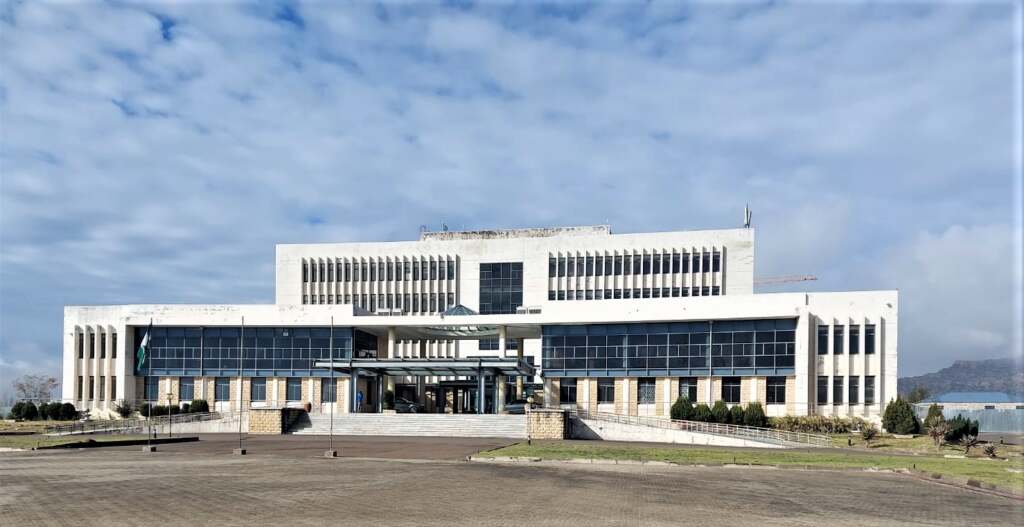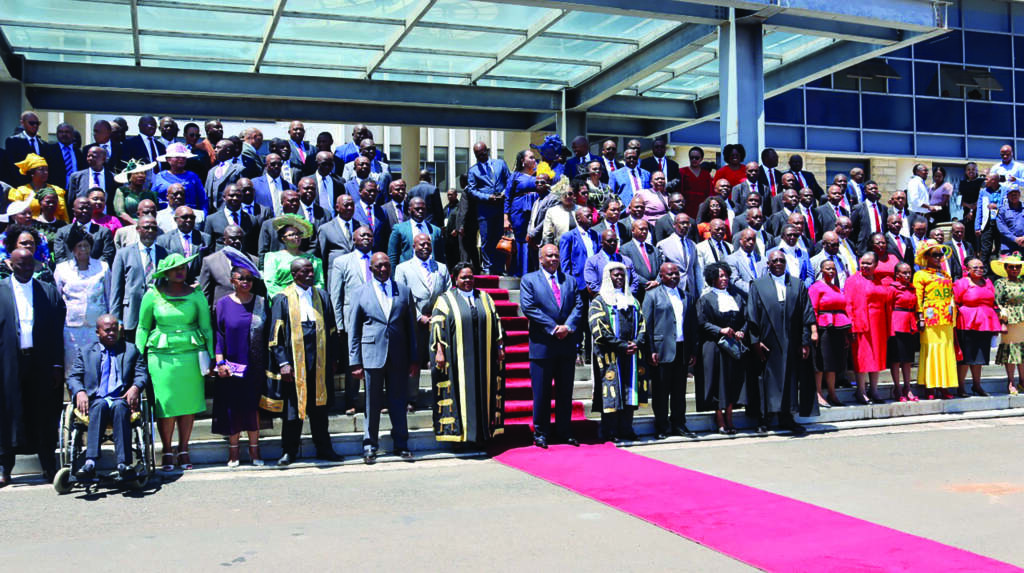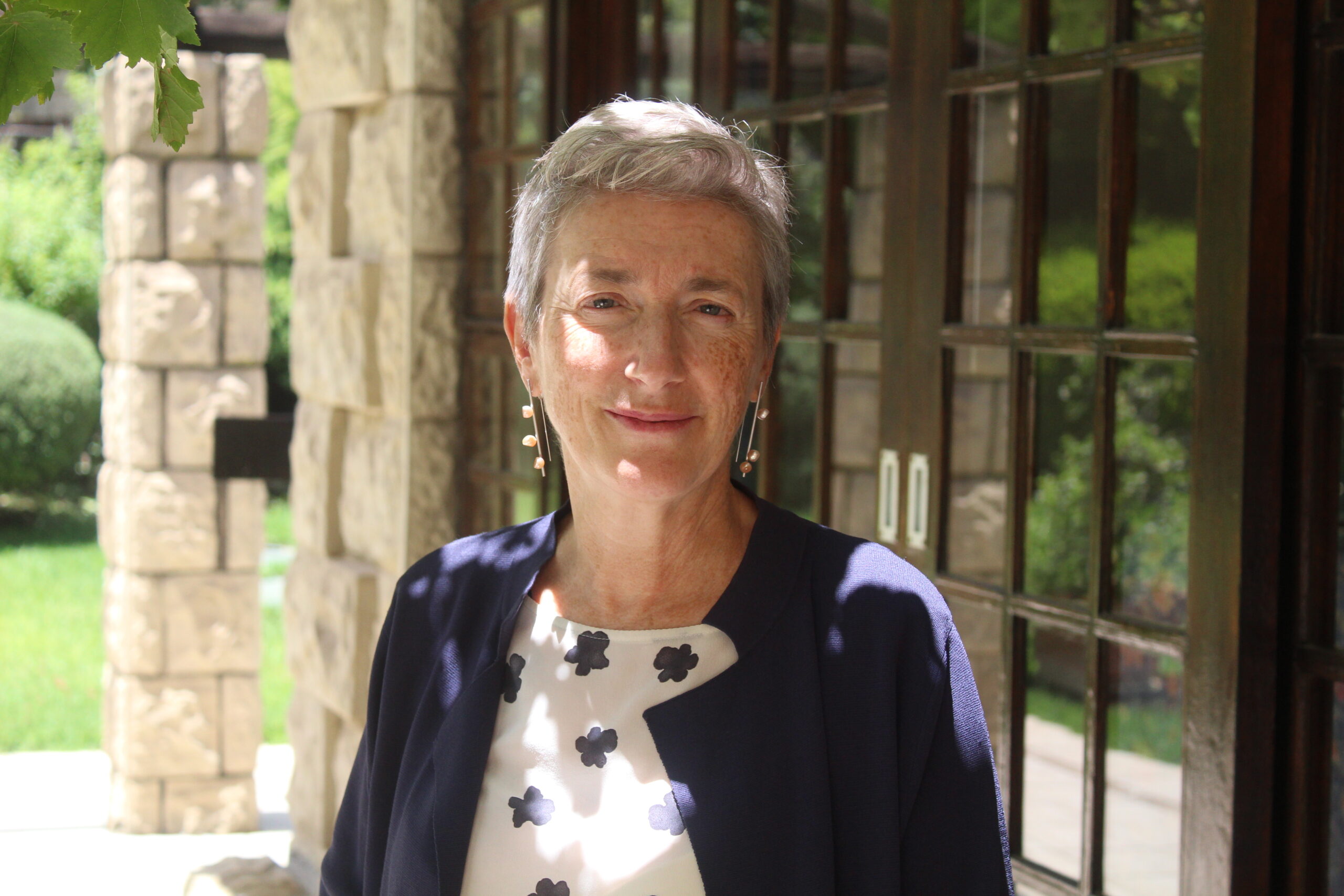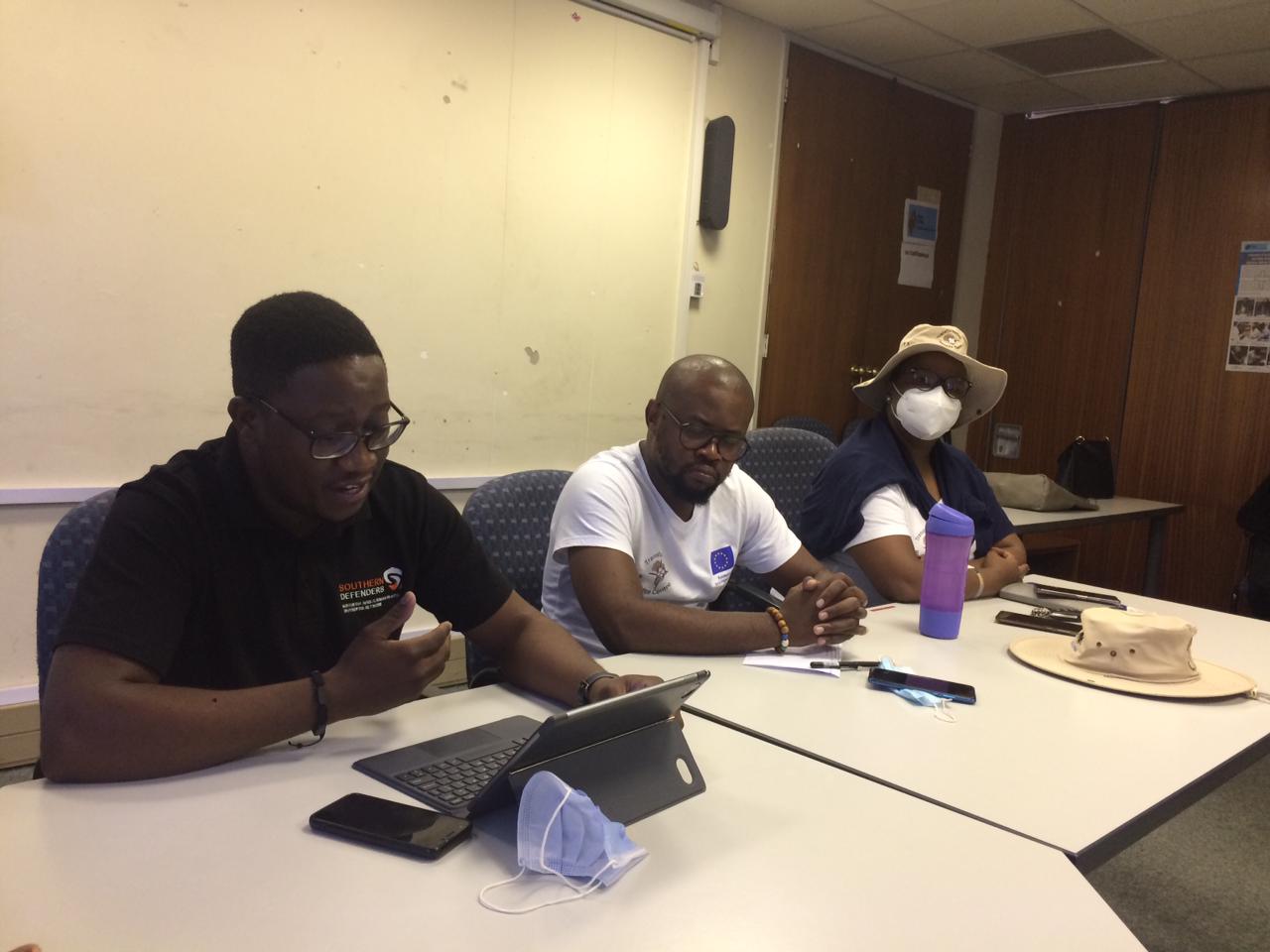Staff Reporter
The Transformation Resource Center (TRC) has issued a stark warning to the parliament against enacting what they describe as a new constitution disguised as constitutional amendments.
This warning comes in the wake of the Tenth and Eleventh Amendments to the Constitution Bills, 2024, tabled in the National Assembly by the Minister of Justice and Law, Richard Ramoeletsi, in May this year.
The stated purpose of these Bills is to amend the Constitution of Lesotho, 1993, to implement the resolutions from the Multi-stakeholder National Dialogue on comprehensive national reforms, as outlined in the Plenary II Report.
The Bills represent the culmination of extensive consultations and debates among members of the National Reforms Authority (NRA) and a wide range of stakeholders.
Last month, the National Assembly’s Portfolio Committee on Law and Public Safety Cluster invited stakeholders to submit inputs on the Bills.
In response, TRC has prepared a document titled: Memorandum on the 10th and 11th Amendments to the Constitution Bills, 2024, authored by advocate Mokitimi Tšosane, Research and Information Coordinator.
The memorandum argues that, given the extensive scale and impact of the proposed constitutional reforms, it is crucial to distinguish between primary constituent and secondary constituted amendment powers.
TRC contends that alterations to the constitution that amount to dismemberment, altering the basic structure and features or effectively replacing the constitution, can only be done through the use of constituent powers.
“Constituent power as vested in the Basotho Nation (‘we the people’) is distinct from the constituted powers contained within a constitution,” the document states.
It continues: “Amendment powers within the texts of the constitution are a kind of constituted power and therefore cannot recreate, restructure, or change the constitution.”
Tšosane states categorically in the document that parliament is on the brink of enacting a new constitution that masquerades as constitutional amendments.
“Parliament will transform the constitution from top to bottom, with little regard for the legal and prudential distinction between constitutional reforms that may properly be enacted as constitutional amendments and those that should be enacted only as a new constitution,” he asserts.
He further argues that the amendments mostly violate principles that form part of the basic structure and basic features of the constitution.
“The simple majority is highly abused and used as a leeway to rewrite the constitution. By implication, parliament is also re-writing section 85. For instance, other amendments to the constitution are repealed by this amendment, and parliament is exercising a wide range of discretion in categorising these amendments as either simple majority, entrenched, or double entrenched,” he says.
“It is submitted that these mega constitutional amendments severally and as a whole constitute and amount to constitutional dismemberments that undermine the basic structure doctrine, basic features doctrine, and the text of the constitution,” he adds.
According to Tšosane, the text and substance of the two mega constitutional amendments are evidently products of a purported extensive constitution revision exercise.
“Being inconsistent with the constitution they purport to amend, constitutional dismemberments passed as amendments are unconstitutional constitutional amendments,” he says.
He warns that the proposed amendments exploit the rules of constitutional amendment, testing the limits of legal constraint and flouting the constitution to create a revised constitution under the guise of ordinary amendments.
“Apart from exceeding the implicit substantive limits to amendment powers, some of the proposed significant and fundamental changes are incoherent, contradictory, vindictive, vague, personal, and cynical, indicative of either prejudice or anger.”
Against this background, Tšosane recommends the most beneficial and durable solution to effect the proposed revolutionary, significant, and fundamental changes, including those not captured in the so-called Omnibus Bill or desegregated bills, is to create a new constitution through an expert-driven Constituent Assembly, which shall then be subjected to the constituent will of the nation.
Summary
- This warning comes in the wake of the Tenth and Eleventh Amendments to the Constitution Bills, 2024, tabled in the National Assembly by the Minister of Justice and Law, Richard Ramoeletsi, in May this year.
- He warns that the proposed amendments exploit the rules of constitutional amendment, testing the limits of legal constraint and flouting the constitution to create a revised constitution under the guise of ordinary amendments.
- Against this background, Tšosane recommends the most beneficial and durable solution to effect the proposed revolutionary, significant, and fundamental changes, including those not captured in the so-called Omnibus Bill or desegregated bills, is to create a new constitution through an expert-driven Constituent Assembly, which shall then be subjected to the constituent will of the nation.

Your Trusted Source for News and Insights in Lesotho!
At Newsday Media, we are passionate about delivering accurate, timely, and engaging news and multimedia content to our diverse audience. Founded with the vision of revolutionizing the media landscape in Lesotho, we have grown into a leading hybrid media company that blends traditional journalism with innovative digital platforms.










